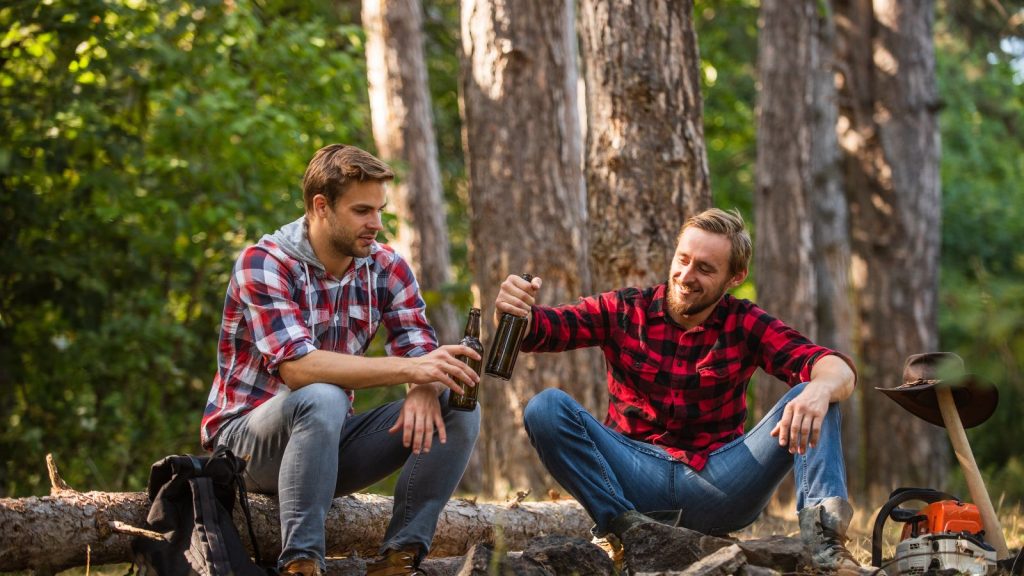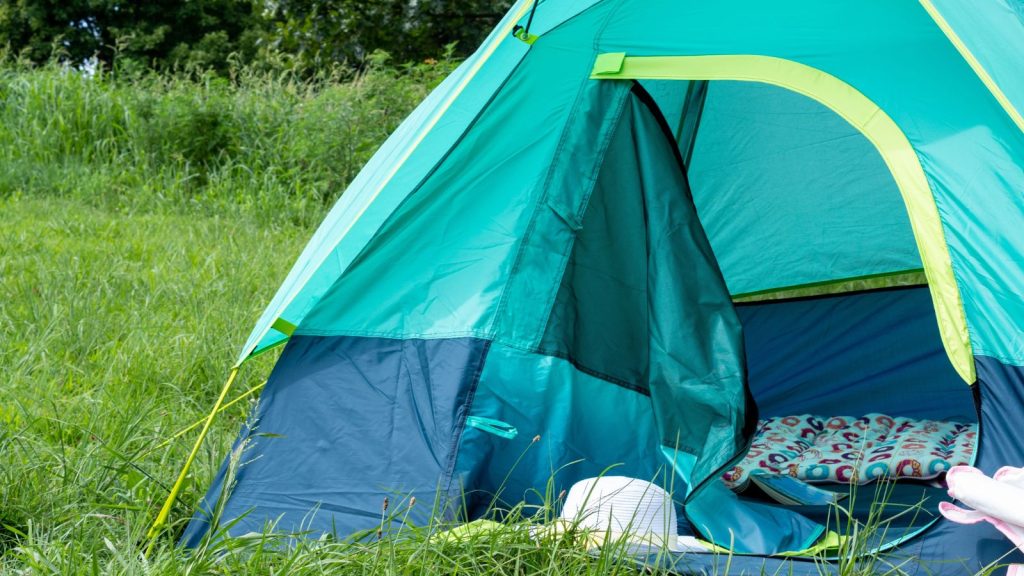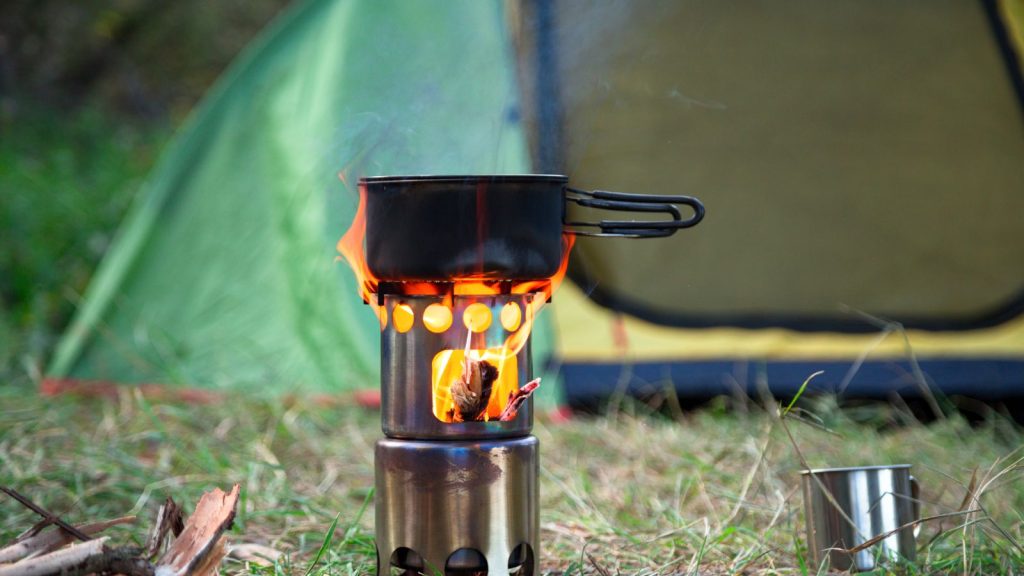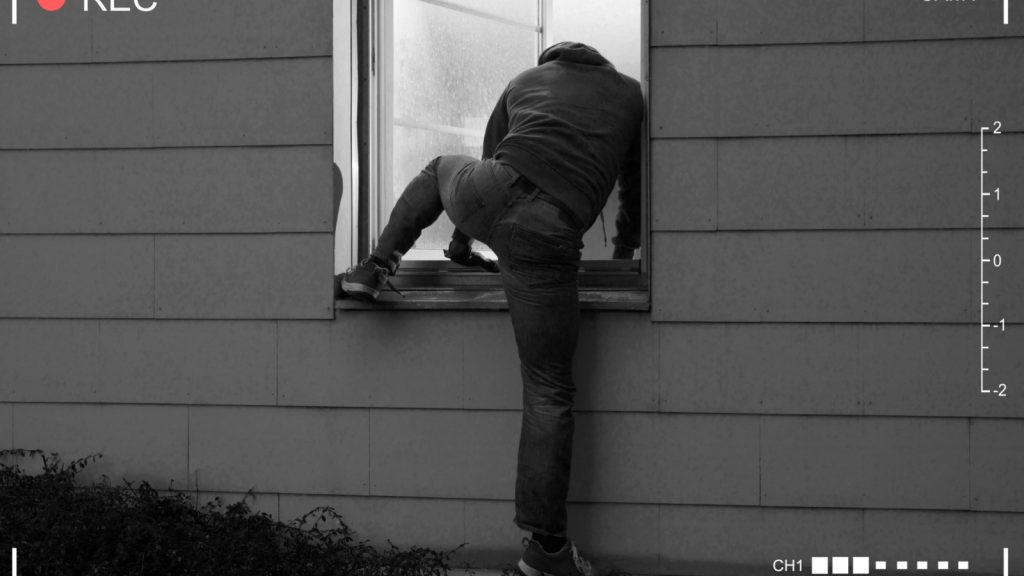We’ve been camping for years, and while fancy gear has its place, there’s something deeply satisfying about connecting with nature using simple, traditional methods. What started as a hobby for our family has become an essential part of our preparedness toolkit. These skills aren’t just for weekend getaways – they’re vital knowledge that could make a real difference during extended power outages, evacuations, or other emergency situations when modern conveniences aren’t available.
Learning to camp comfortably with minimal equipment isn’t just about saving money or enjoying a more authentic outdoor experience – it’s about developing self-reliance that serves you in multiple scenarios. Let’s explore how to master these skills before you need them.
Primitive Camping as a Preparedness Skill

Too often, people equate “preparedness” with stockpiling supplies, but skills and knowledge are far more valuable than stuff. Primitive camping skills represent some of the most fundamental abilities humans need during extended emergencies – shelter creation, fire management, water purification, and food preparation without modern tools.
We’ve experienced this firsthand during a week-long power outage after a severe ice storm hit our area. While neighbors struggled with the basics, our family smoothly transitioned to “camping mode” at home. We moved mattresses to the living room near our wood stove, cooked meals in our cast iron using techniques perfected during camping trips, and had systems for water management already familiar to everyone in the household.
The reality is that disasters don’t always strike when we’re conveniently at home with our supplies. You might find yourself stranded by washed-out roads, evacuated without notice, or facing an extended grid-down situation where your normal systems aren’t functional. In these scenarios, the person who can comfortably sleep outdoors, efficiently manage a fire, and secure clean water has a tremendous advantage over someone dependent on modern conveniences.
Practice is essential – these aren’t skills you can master by watching videos or reading articles (though those are good starting points). Each time we take our family camping, we introduce a new challenge or limitation. Maybe we’ll leave the camp stove behind and cook entirely over fire. Perhaps we’ll bring only one water container and practice sourcing and purifying water on site. These self-imposed challenges build competence and confidence in a low-stakes environment.
Another benefit of mastering primitive camping skills is the reduction of what we call “gear dependency.” While quality equipment has its place, an over-reliance on specialized gear creates vulnerability. If your emergency plan depends on a specific water filter that breaks or gets lost, you’re in trouble. If you know three different ways to purify water using minimal tools, you’re adaptable to changing circumstances.
Primitive Camping as Preparedness: Essential Skills
- Fire starting without matches or lighters – Practice with fire steels (ferrocerium rods), flint and steel, friction methods (bow drill, hand drill), and magnification techniques. Have at least two reliable non-match methods mastered.
- Water sourcing and purification – Learn to locate potential water sources by reading landscapes and vegetation patterns. Master multiple purification methods including boiling, solar disinfection, and improvised filtration.
- Improvised shelter construction – Develop the ability to create weather-appropriate shelter using natural materials and minimal tools, with special attention to insulation and moisture management.
- Foraging fundamentals – Identify at least 5-10 common edible plants in your region that provide meaningful nutrition. Learn both their identifying features and seasonal availability.
- Basic toolmaking – Practice creating usable tools from available materials, particularly cutting implements, containers, and cordage.
- Navigation without electronics – Master map and compass use, develop awareness of natural navigation indicators, and practice purposeful observation of surroundings.
- Adaptable cooking methods – Develop skill with different fire configurations for various cooking needs, from rapid boiling to slow roasting, using minimal implements.
- Weather prediction – Learn to read cloud formations, animal behaviors, and barometric indicators to anticipate changing conditions without forecasts.
- Emergency first aid – Practice wilderness medicine techniques with emphasis on wound care, immobilization, and management of common outdoor injuries.
- Resource conservation – Develop habits that maximize efficiency of fuel, water, and food consumption while maintaining comfort and functionality.
The true test of these skills isn’t using them once, but developing them to the point where they become second nature. Practice them regularly during non-emergency situations so they’re reliable when truly needed.
Selecting the Right Campsite
A good campsite is the foundation of a comfortable camping experience. Look for level ground with natural windbreaks like rock formations or stands of trees. Avoid low-lying areas where water might collect during rain, and steer clear of dead trees that could pose a hazard.
In our early camping days, we learned this lesson the hard way after setting up in what seemed like a perfect spot, only to wake up in a puddle after an overnight shower. Now, we always check for subtle signs of water flow, like small channels in the dirt or areas where vegetation changes suddenly.
When possible, position your camp where you’ll get morning sun but afternoon shade. This natural alarm clock warms your tent pleasantly in the morning while preventing it from becoming an unbearable sauna during peak afternoon heat.
Creating a Comfortable Sleeping Space

Nothing ruins a camping trip faster than poor sleep. While modern air mattresses are convenient, they’re not necessary for comfort. Instead, we use a thick layer of dried pine needles or leaves beneath our sleeping area, topped with a wool blanket, then our sleeping bags. This natural mattress provides excellent insulation from the cold ground and surprising cushioning.
For pillows, stuff a cotton pillowcase with extra clothing or a small fleece blanket. This dual-purpose approach saves space in your pack and creates a perfectly adequate headrest.
Our beds are positioned with our heads slightly uphill from our feet. This simple adjustment significantly improves sleep quality, especially for those with back issues. On flatter ground, we sometimes create a small “pillow mound” under the sleeping area to achieve the same effect.
Fire Management for Cooking and Warmth

A well-managed campfire is central to comfortable primitive camping. Unlike modern camping stoves that work instantly, a proper cooking fire requires preparation and patience.
Start by digging a shallow pit and surrounding it with rocks if available. This contains the fire and creates thermal mass that radiates heat long after the flames die down. Collect three types of wood: tinder (dry grasses, birch bark, or very small twigs), kindling (pencil-thickness sticks), and fuel wood (wrist-thickness branches and logs). Having these prepared before striking your first match makes the fire-building process much smoother.
For cooking, we don’t wait for roaring flames. Instead, we build the fire to a good base, then allow it to burn down to hot coals. These provide more consistent heat and fewer flare-ups that can burn food. When cooking directly over flame is necessary, we use a tripod made from green sticks to suspend pots at the right height.
One of my favorite tricks is the “long fire” method, where logs are arranged in a line rather than a circle. This creates different temperature zones along the fire’s length – intense heat at the center for boiling water, moderate heat for cooking, and gentle warmth for keeping food warm. This approach allows several dishes to cook simultaneously without separate fires or stoves.
Water Collection and Purification
Even with a nearby water source, getting clean drinking water without modern filters requires knowledge and preparation. We always carry several cotton bandanas, which serve as preliminary filters to remove larger debris from collected water.
After filtering through cloth, water needs to be purified. Boiling is the most reliable method without modern equipment, requiring a rolling boil for at least one minute (three minutes at elevations above 6,500 feet).
In areas with reliable sunshine, we sometimes use the solar disinfection method, filling clear plastic bottles with filtered water and placing them in direct sunlight for at least six hours (or two days if it’s cloudy). UV radiation and heat pasteurize the water, making it safe to drink. This passive method conserves fuel and allows us to purify water while hiking or foraging during the day.
Eating Well Without a Camp Kitchen
Cooking delicious meals without modern equipment takes planning but isn’t as difficult as many believe. Cast iron cookware is our mainstay – a medium skillet and a Dutch oven can prepare almost anything when used skillfully.
For baking, the Dutch oven becomes an effective oven when placed on coals and more coals are piled on its lid. We’ve made everything from crusty bread to fruit cobblers this way, often to the amazement of neighboring campers with their propane stoves.
Pre-preparation makes campfire cooking much simpler. At home, we mix dry ingredients for pancakes, breads, and other baked goods, storing them in waxed canvas bags. Spices are pre-measured into small cloth pouches or repurposed pill bottles. This minimizes packaging waste and simplifies the cooking process.
Foraging can supplement packed provisions wonderfully. We’ve learned to identify edible berries, greens, and mushrooms specific to our regular camping areas. Even beginners can easily learn to recognize blackberries, dandelion greens, and morel mushrooms with a good field guide. Always apply the universal foraging rule – if you’re not 100% certain of identification, don’t eat it.
Staying Clean Without Plumbing
Maintaining hygiene while primitive camping is essential for comfort. We heat water in our Dutch oven and pour it into a canvas camp shower bag hung from a tree branch. After sitting in the sun for a few hours, the water reaches a comfortable temperature for washing.
For hand washing, we keep a dedicated water container with a spigot near our cooking area. A small dish of pine ash mixed with a little water creates an effective soap substitute that cuts grease and disinfects hands. Rinse well, as the ash can be drying to skin.
Dental hygiene doesn’t require modern toothpaste. We use a mixture of baking soda and dried, powdered mint leaves. In a pinch, chewing fresh mint leaves or conifer needles (spruce or pine) freshens breath and provides antimicrobial benefits.
Natural Navigation and Time-Keeping
Without GPS or watches, connecting with natural rhythms becomes necessary. The sun’s position provides a reliable clock during daylight hours. Shadow-stick navigation is a simple technique – place a stick upright in the ground and mark the tip of its shadow. Wait 15 minutes, then mark the new shadow tip. The line between these marks runs roughly east-west.
At night, locating the North Star (in the Northern Hemisphere) or the Southern Cross (in the Southern Hemisphere) provides reliable orientation. We taught our children these navigation methods early, and they’ve developed an intuitive sense of direction that no battery-dependent device can match.
Natural events also mark time reliably – bird songs intensify at dawn and dusk, certain flowers open and close at specific times, and animal activity patterns change throughout the day. Paying attention to these rhythms connects you deeply with your environment while providing practical information.
Weather Prediction Without Technology

Understanding natural weather indicators helps anticipate changes without forecasts. Persistent aches in joints often precede storms, as do increases in insect activity, particularly mosquitoes and flies. Red skies at morning often indicate approaching storms, while red evening skies usually mean fair weather ahead.
Cloud formations tell detailed weather stories once you learn to read them. Flat-bottomed cumulus clouds in the morning often develop into afternoon thunderstorms. Cirrus clouds (thin, wispy clouds high in the sky) frequently precede a change in weather systems within 24 hours.
We maintain a small weather journal during longer trips, noting patterns that help us predict local conditions more accurately with each visit to a particular area. This practice has saved us from many potential soakings by giving us time to secure camp before storms arrive.
Entertainment Without Electronics
Without digital distractions, we’ve rediscovered traditional entertainment forms that are often more satisfying. Storytelling around the campfire has become a cherished tradition, with each family member contributing tales – some true, some embellished, some entirely imagined.
Simple games using natural materials keep children engaged. A tic-tac-toe grid scratched in dirt with different colored pebbles as markers, or “nature bingo” with cards prepared before the trip listing items to find (such as “Y-shaped stick” or “rock with a hole through it”), provide hours of entertainment while encouraging exploration.
Music created with simple instruments or just voices fosters connection. We’ve fashioned basic percussion instruments from hollow logs and stretched animal hides, and fashioned whistles from river reeds. Even without instruments, rhythm-based songs and rounds create memorable musical experiences.
Conclusion
Our family returns from these trips not feeling deprived, but enriched by the experience of living temporarily in closer harmony with natural rhythms and resources. The comfort we find isn’t despite the lack of modern conveniences, but because their absence allows us to engage more directly with our surroundings and each other.
James is a former logistics coordinator and wilderness safety instructor, whose practical experience taught him the value of sensible preparedness and calm resilience. Passionate about self-reliance, James teaches everyday skills—like water purification, emergency communication, and outdoor safety—to help people confidently handle life's disruptions without fear or overwhelm. His approachable style combines real-world insights with relatable, personal stories and experiences.



